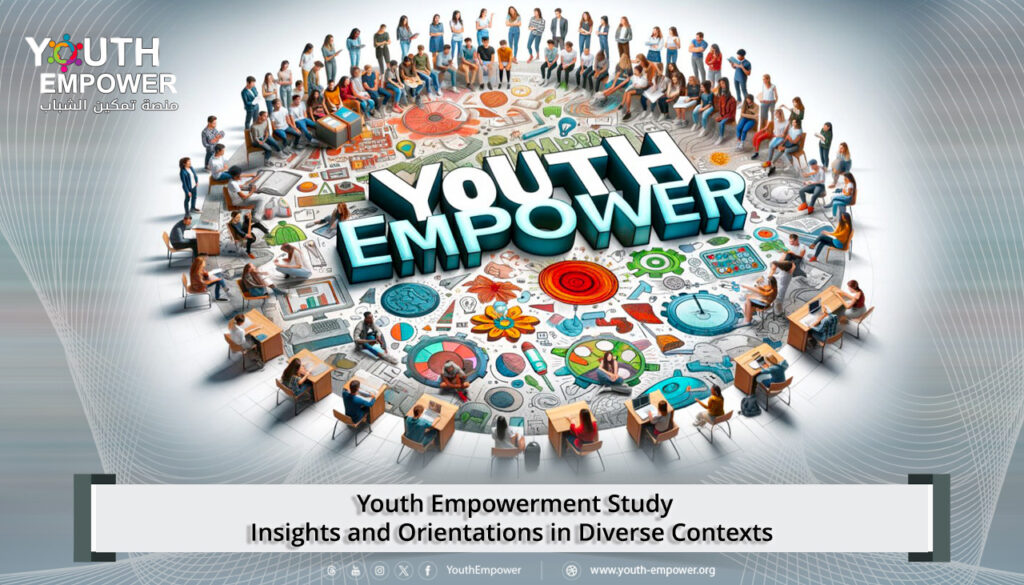
Most youth development programs play an important role in nurturing youths or young people into responsible, assertive, and strong individuals( Technical Support Education ). These programs promote positive youth development by teaching them skills, providing guidance on how to avoid problem behaviors through decision-making, and providing positive role models.
What are Youth Development Programs?
Youth development programs are formally organized patterns of activities targeted at promoting the growth of young people. Available in schools, community centers, and other non-profit making organizations, these programs identify safe places the young people can go and spend their time acquiring new skills and forging new friendships. Programs are as diverse as extracurricular activities and community activities intended for children coping with different needs.
Common Areas of Youth Development Programs
- Mentorship
Another aspect is mentorship, which guarantees youth sane and responsible role models. Mentors must help the participants set goals and address barriers and development issues encountered during the program.
2. Life Skills Training
Skills are taught in interpersonal skills, problem-solving, time management, etc.
3. Leadership and community engagement
The youth programs focus on leadership by engaging the youth in team projects or community services to manage and learn the value of being responsible, working in teams, and volunteering.
4. Academic and Career Support
A large combination of programs includes academic mentoring, career counseling, and skill-developing sessions or workshops to enable the youth to discover the available career options and even obtain valuable job skills.
5. Health and Wellness
Most of the things that promote a healthy lifestyle are usually offered, for instance, sporting exercises, practicing meditation, and knowledge. These are, enhancing physical health and emotional wellbeing.
Look video for more information about this topic
Advantages of Youth Development Programs
1.Increased Confidence
The goals considered by youths help them develop self-confidence and encourage them to take on further challenges when achieving certain results and acquiring certain skills.
2.Improved Social Skills
Interpersonal skills that are embraced through the rem-public groups entail communication and relations within the group as a way of developing positive youth body relations.
3. Academic and Career Success
Skills enhancement and support programs to enhance academic and career including support schools, career planning, and vocational skills.
Types of Youth Development Programs
- After-School Programs
These programs offer the young people rights to learning as well as recreation after school hours thus sparing them from being idle.
2. Mentoring Programs
According to the nature of the mentoring plan, youth are paired with appropriate and successful models of adults in positive forms of interaction.
3. Leadership Programs
Horticultural programs enable the youth to gain decision-making, teamwork, and productiveness in service to the community through set-down programs with group troubles.
4. Workforce Development Programs.
Workforce programs have focused on preparing youth for employment through skills that are relevant to the workplace, resume writing, and mock interviews.
5. Health and Wellness Programs
Health programs instill an understanding of stress and exercise, fitness, nutrition, and health and give the youth the tools to combat stress.
Why Youth Development Programs Matter
It shows the value of programs of employment for youth since they enable young people to gain the right skills and confidence for survival. These programs assist the participants in addressing personal and social problems eligible for a worthy future.






One thought on “Youth Development Programs: Empowering Future Leaders”